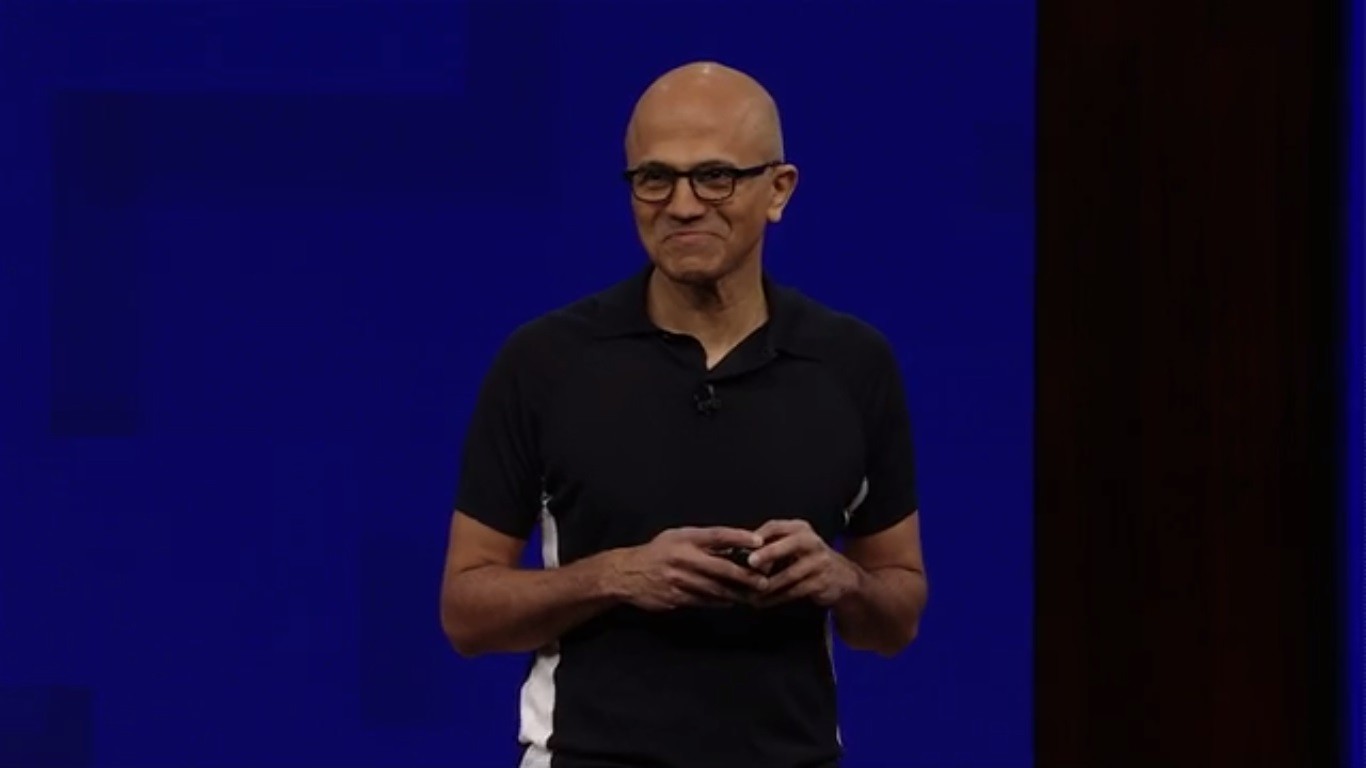Last month, Google admitted that some of its users’ voice recordings were leaked that contained sensitive information like medical conditions. This user data was identifiable and not anonymized. Also, Facebook was reported to be transcribing audio chats of Messenger users. Both of the companies have stopped (or at least paused) the recording/transcription processes.
And if that wasn’t a big revelation enough, there’s another major tech company that is coming up with some similarly startling confessions.
In its updated privacy policy, Microsoft has admitted that it collects audio of its users who interact with Microsoft products, namely, Cortana and Skype. Regarding the data that’s collected, the company has said that it collects data that is “your voice data, such as the search queries or commands you speak, which may include background sounds.”
These audio clips are sometimes reviewed by contractors or language reviewers, Microsoft admitted in a response to Reuters. Microsoft can also access the user’s audio data which they upload or receive through message, email, call, meeting request, or chat, sent/received through Microsoft products.
“We realized, based on questions raised recently, that we could do a better job specifying that humans sometimes review this content,” A spokesperson for Microsoft told Reuters.
Companies use audio recordings to improve and develop their products. Voice assistants process this data to improve their response and make recommendations. An important aspect that requires this data is personalization which means molding the application or service to provide recommendations that the user might find helpful.
Companies usually mention all these details about data collection in their privacy policies. But most of us, “agree” without even reading the policy allowing the company to use the data ‘as per their policies.’
Usually, if a company uses this kind of user data, it anonymizes it before processing or reviewing. Also, unless a user permits, the company cannot use his/her collected data. In even strict cases, the collection of data without permission can get the company into trouble for violating an individual’s privacy laws. Facebook got into the problem exactly for this reason.
The Microsoft spokesperson told Reuters, “We’ve updated our privacy statement and product FAQs to add greater clarity and will continue to examine further opportunities to improve.”
Whether Microsoft faces scrutiny from privacy advocates and lawmakers is yet to be seen, but this will definitely raise a lot of brows.
The Tech Portal is published by Blue Box Media Private Limited. Our investors have no influence over our reporting. Read our full Ownership and Funding Disclosure →






